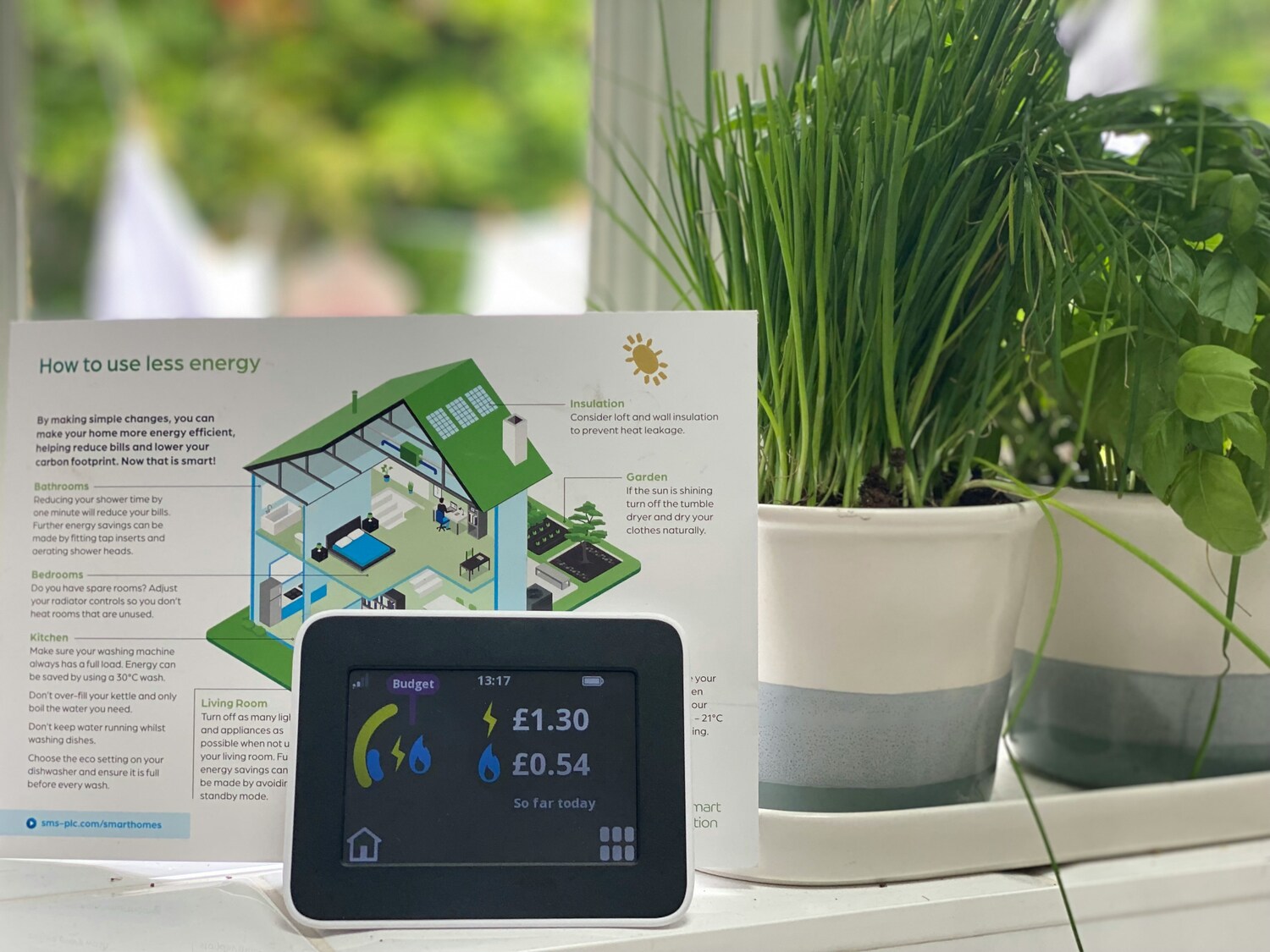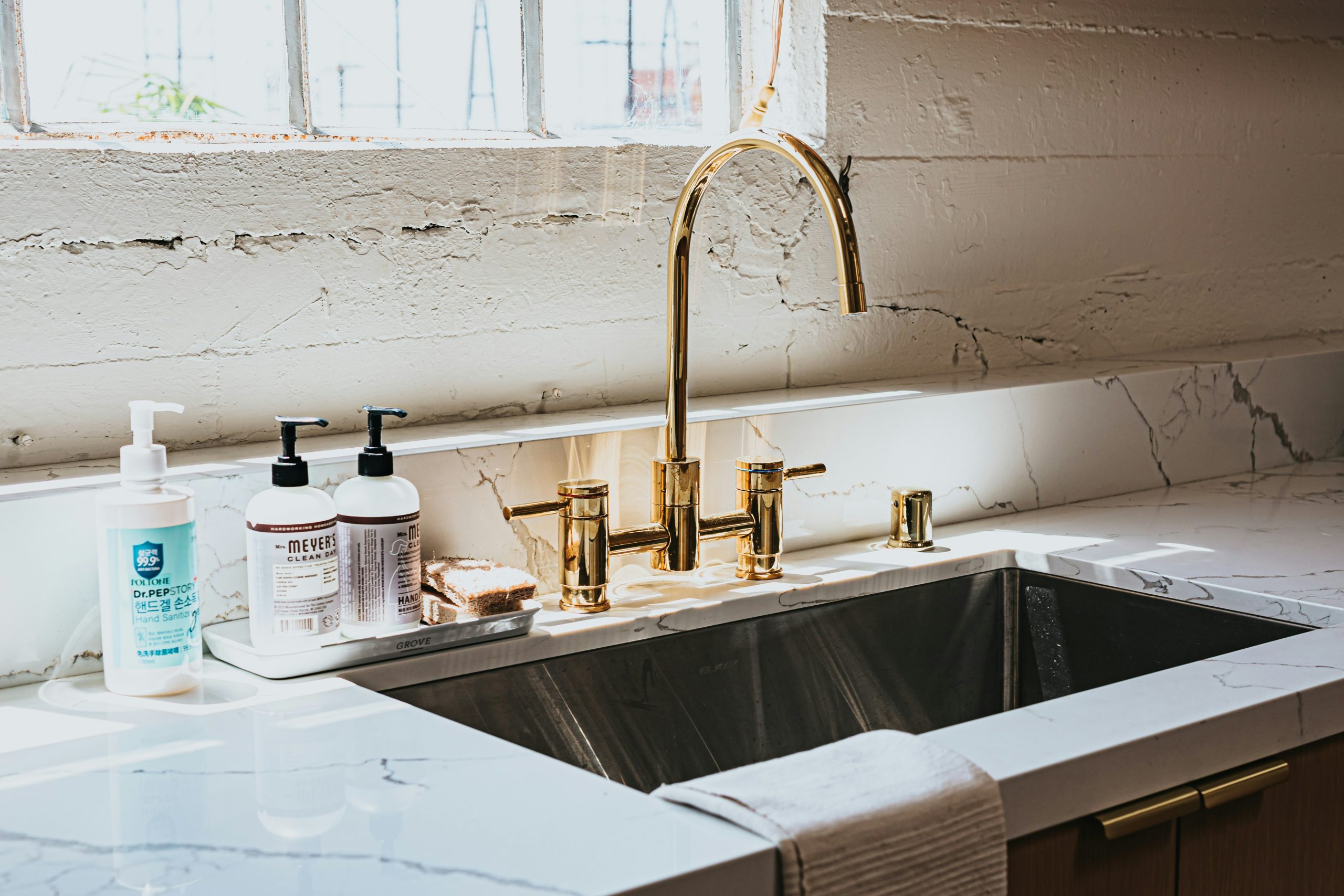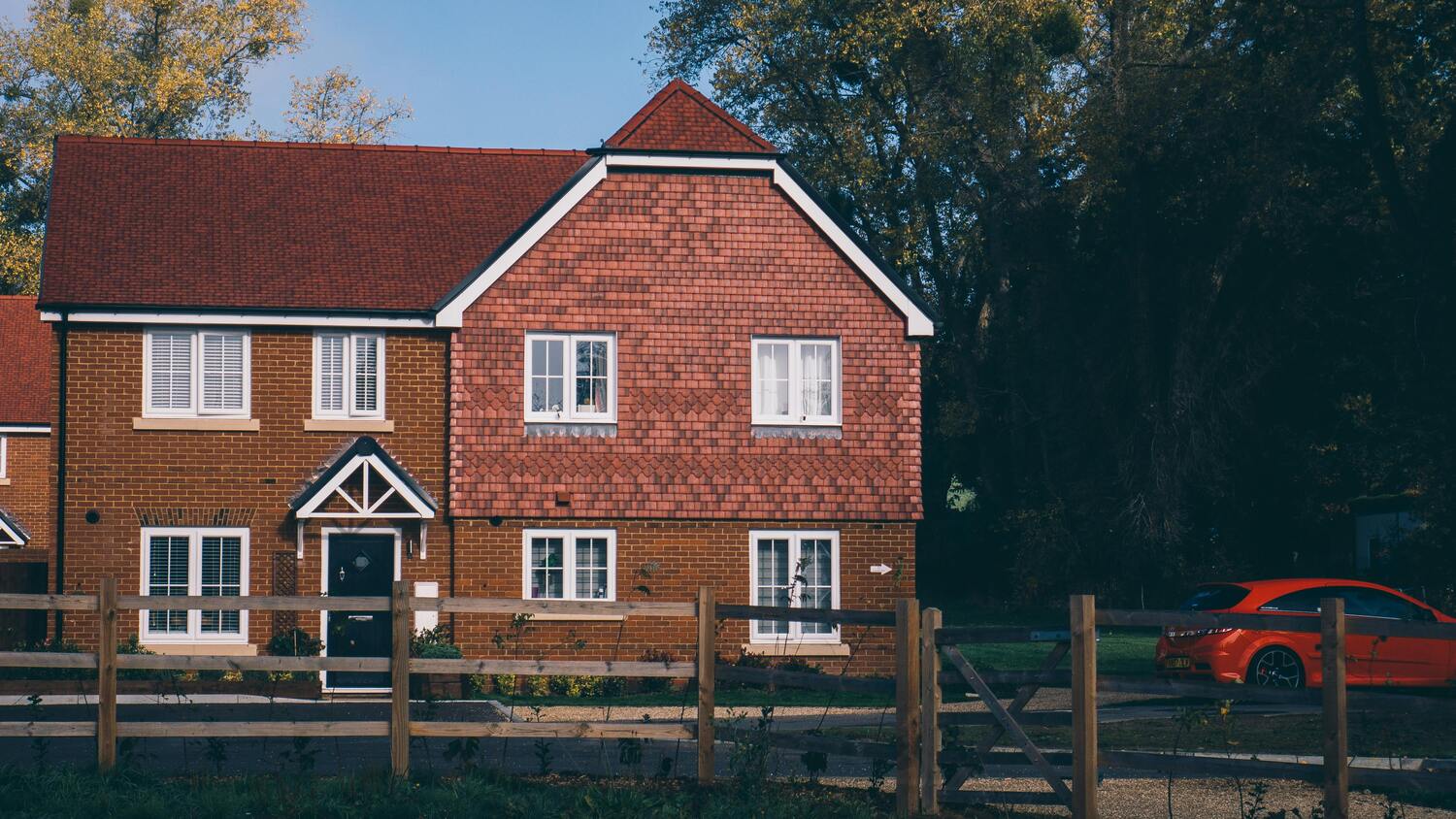This article was published on 7 January 2026. At the time of publishing, this article was true and accurate, however, over time this may have changed. Some links may no longer work. If you have any concerns about this please contact us.
As winter sets in, rising energy prices and the wider cost of living continue to put pressure on household finances. Managing winter fuel bills can feel especially challenging when balancing work, family life, and long-term financial security.
While we can’t control the weather, there are practical steps you can take to stay in control of your winter fuel bills and protect your finances during the colder months.
Why winter fuel bills hit harder
Energy use naturally increases during winter as heating, lighting, and hot water are used more frequently. Combined with ongoing cost of living pressures, this can quickly add up. Planning ahead and making small changes now can help reduce stress later in the season.
Practical ways to reduce winter energy costs
You don’t need to overhaul your entire home to make a difference. Small, sensible steps can help keep bills manageable:
- Check your heating controls: Lowering your thermostat by just one degree can reduce heating costs without sacrificing comfort.
- Improve insulation: Draught excluders, thicker curtains, and loft insulation can help keep warmth in.
- Use energy efficiently: Only heat rooms you use regularly and switch off appliances when not in use.
- Review your energy tariff: If possible, check whether you’re on the best deal for your circumstances.
- Plan your budget: Spreading energy costs through monthly direct debits can make bills more predictable.
Protecting your home during winter
Winter can also bring an increased risk of home-related issues, such as burst pipes, storm damage, or frozen plumbing. These problems can be costly and disruptive, especially at a time when finances may already feel stretched.
That’s why it’s important to ensure your home is properly protected. Having the right Home Insurance in place can help give peace of mind that, if the unexpected happens, you’re financially covered and supported.
Simple winter home checks to consider
- Insulate exposed pipes to prevent freezing
- Clear gutters to reduce the risk of water damage
- Check your boiler before temperatures drop
- Know where your stopcock is in case of emergencies
Protecting your home with Insurance
Taking a moment to review your cover could be a valuable step toward greater peace of mind this winter. Find out more about Police Mutual Home Insurance and see how it could help protect your home and finances this winter.
Police Mutual Home Insurance is provided by Bspoke Underwriting Ltd.
Photo by sian-wynn-jones on Unsplash









